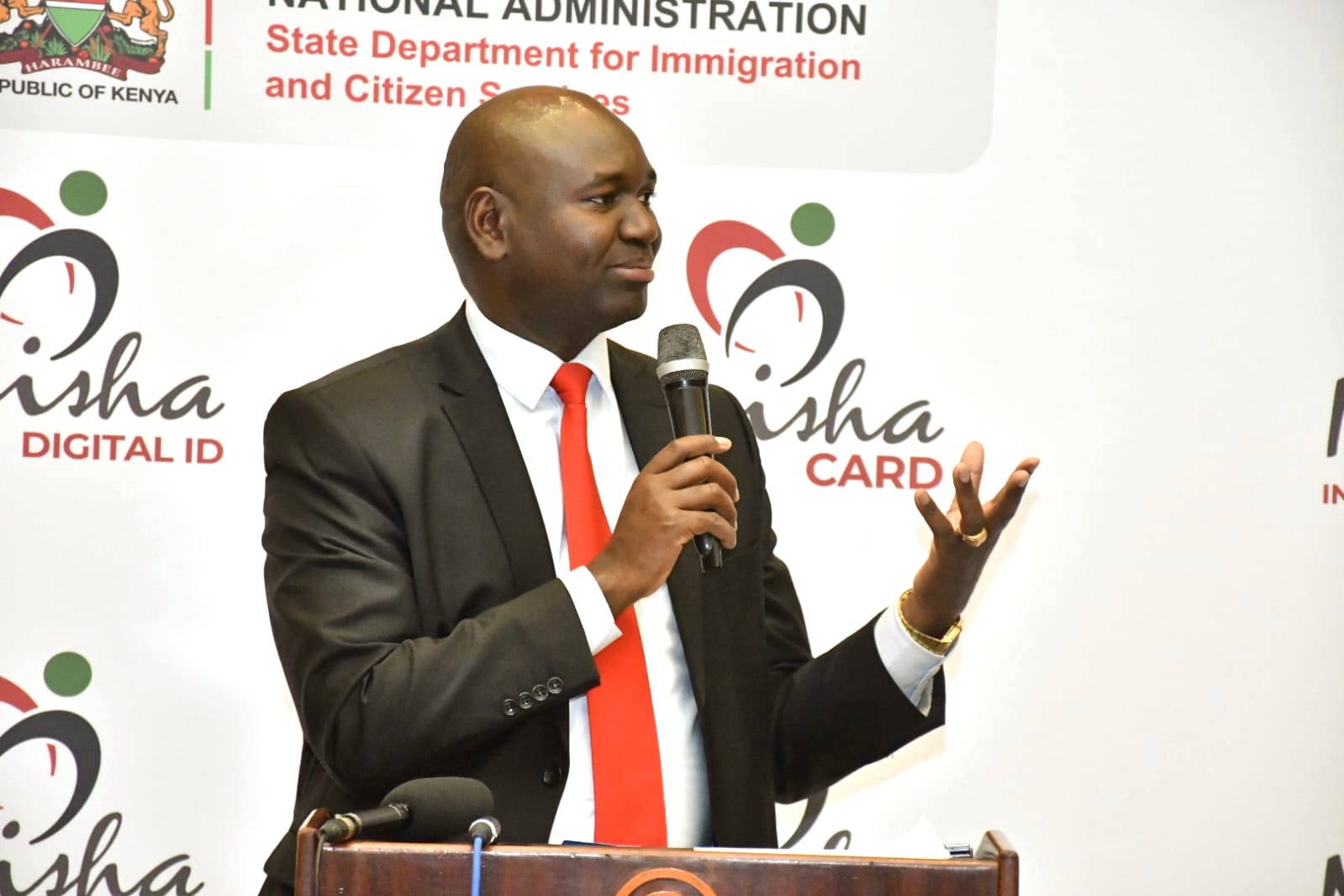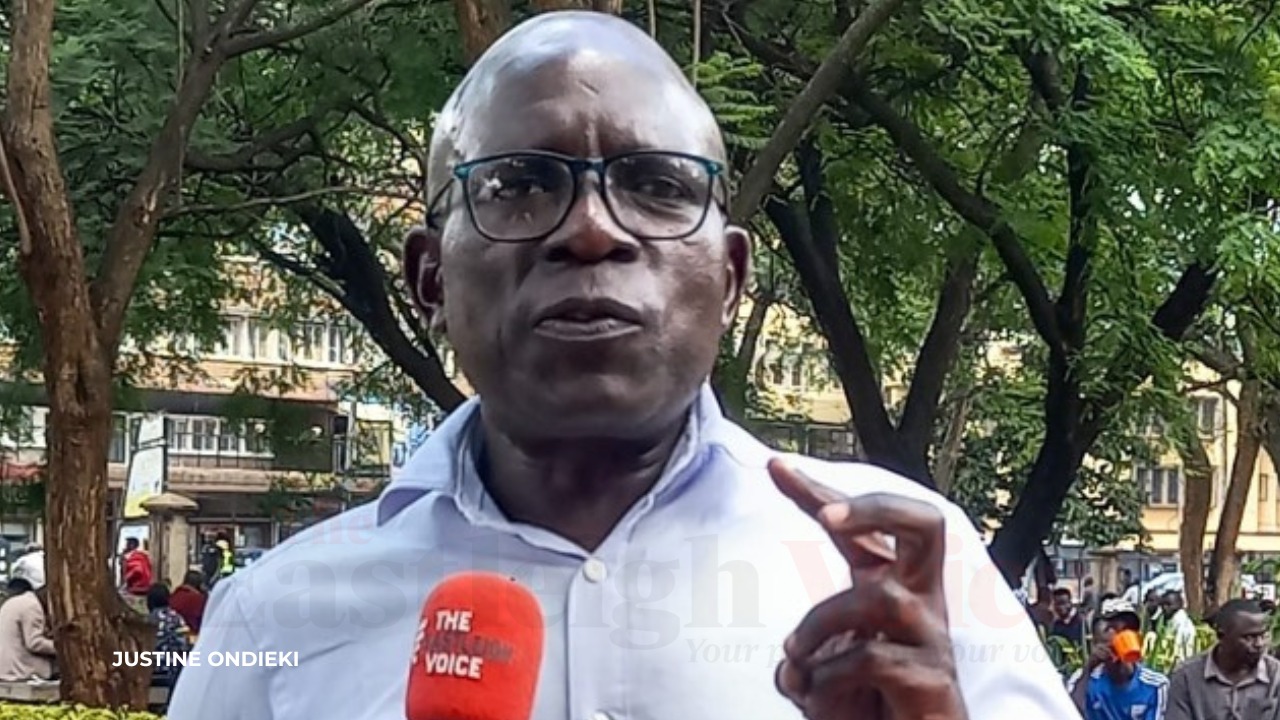Chiefs to take personal responsibility for ID issuance to foreigners

This comes as the government prepares to dissolve ID vetting committees, effective May 1.
Chiefs will take personal responsibility for the issuance of Kenyan identity cards to foreigners when the government dissolves vetting committees, effective May 1, Immigration Permanent Secretary Julius Bitok has said.
Bitok and his Interior and National Administration counterpart, Raymond Omollo, said the new arrangement will ensure only those qualified for the important document have access to it.
More To Read
- Rights groups slam new ID rules, say they discriminate against Muslims and minorities
- Over 82,000 IDs lie uncollected at Huduma Centres nationwide
- Thousands of students at risk of missing out on HELB loans after halt on ID card printing
- OPINION: Abolishing ID vetting will help build a more inclusive Kenya
- Emergency desk for lost IDs, passports set up at Nyayo house
- State must prevent discriminatory vetting in new ID issuance rules - rights groups
The move to dissolve vetting for the issuance of IDs follows a directive by President William Ruto, who said the government would introduce a policy change that removes the process that he described as discriminatory to persons of certain communities and religions.
"We want every child in Kenya, whether Christian or Muslim and from whichever part of the country, to get equal opportunities and treatment. From the beginning of May this year, a few days from now, there will no longer be vetting for people who want to get IDs," he said as the holy month of Ramadan came to a close.
The vetting sees applicants face registration and security agents that include the Directorate of Criminal Investigations (DCI), the National Intelligence Service (NIS), the local chief, the deputy county commissioner, the registrar, who is the secretary of the committee, and two appointed community elders.
They are grilled before they are issued with the national identity card, which is the main proof of nationality for Kenyans.
This team will no longer be required to vet applicants, mainly youths aged 18 and above, starting Wednesday, following the policy change.
Bitok said chiefs will be required to issue their thumbprints and signatures for each approved application that must be presented by applicants' parents or blood relatives.
"We will hold chiefs to personal account for every Kenyan ID issued to a foreigner because they will have endorsed the application," Bitok said during an induction workshop for county national ID registrars and regional and county commissioners.
The workshop at the Kenya School of Government in Nairobi was on registration guidelines for border and cosmopolitan counties'.
PS Omollo said the chiefs will be required to work closely with other security agencies to ensure no one is unfairly denied an ID and that the country's security interests are preserved.
"Proper identification of bona fide citizens for the issuance of identification documents is paramount to countering security threats such as terrorism that occur due to the illegal registration of immigrants, " he noted.
The directive will affect 20 counties, mainly located along the borders.
To claim their citizenship, applicants will verify the same with the help of their parents and/or guardians, who must be close relatives.
PS Bitok added that the unique features of the Maisha number will make it easier to identify genuine applicants for registration documents, including birth certificates and passports
"The Maisha ecosystem assigns a unique number at birth that is linked to a family tree. It therefore means that by the time one turns 18 and applies for an ID, we will have all their relevant data. There will be no need for further verification, " he explained.
Top Stories Today












































